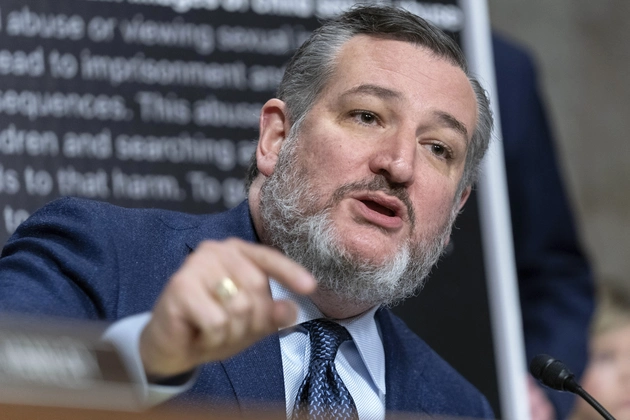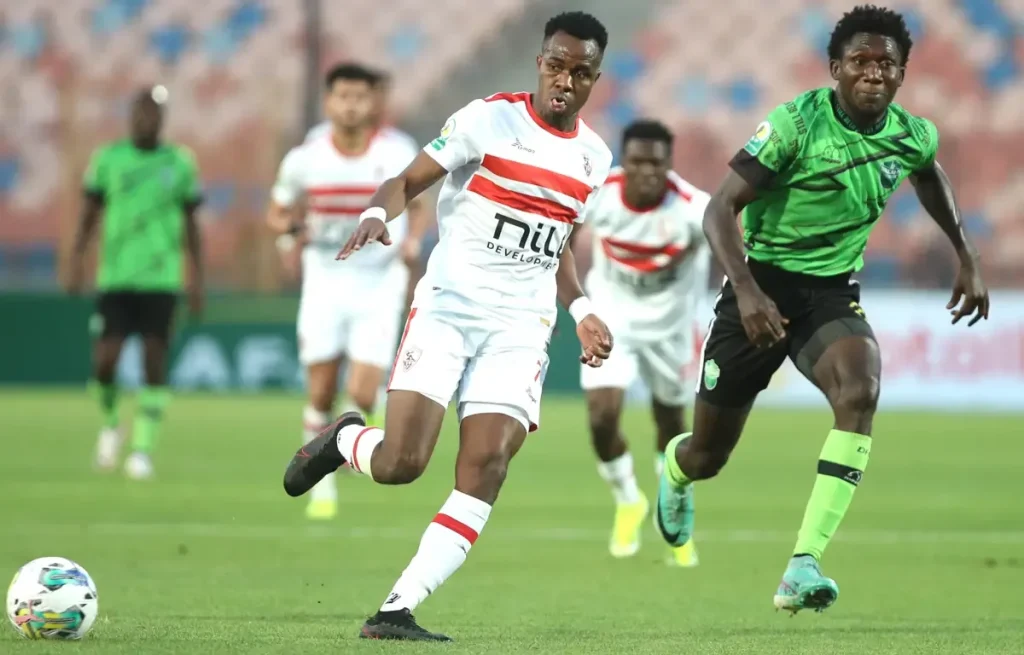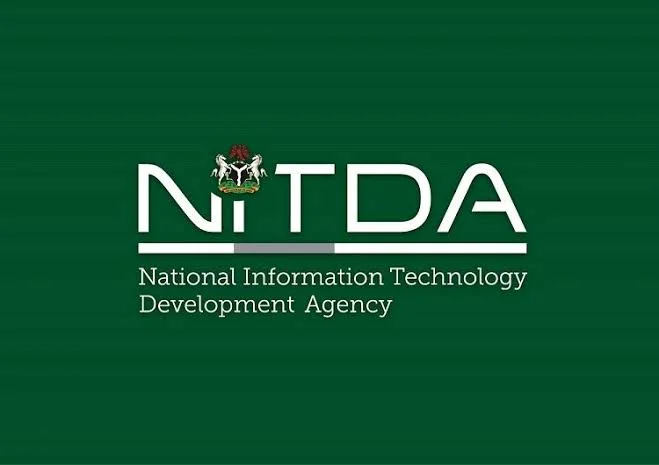Nigeria’s government is pushing back hard against U.S. senators and activists trying to brand the nation a “Country of Particular Concern” (CPC) for alleged religious freedom violations. On October 21, 2025, presidential aide Dr. Daniel Bwala called it a “sneaky plot” to divide the country and pressure President Donald Trump into sanctions.
Speaking on a prime-time TV show, Bwala accused senators like Josh Hawley and Ted Cruz of spinning lies to tarnish Nigeria’s image.
“This isn’t about faith it’s a trick to spark chaos,” Bwala said. He claimed the group is hyping up isolated violence to mislead U.S. officials. “Trump’s quick to act; if this were true, he’d have done it already,” he added, brushing off the campaign as political games.
What’s the CPC Label?
The CPC tag, set by a 1998 U.S. law, calls out countries for “severe, ongoing” religious abuses, potentially leading to sanctions like aid cuts. Nigeria got this label in 2020 under Trump but lost it in 2021 under Biden due to better security efforts.
Now, U.S. lawmakers are pushing a 2025 bill to bring it back, citing northern violence and old blasphemy laws, aiming for travel bans and asset freezes.
Bwala called it meddling, not help. “We’ll fight lies with facts, not begging,” he said, noting U.S. Congress is too gridlocked to act fast.
Violence, Not Persecution
The presidency insists Nigeria’s violence think Boko Haram or bandit attacks in places like Plateau—is about crime, not religion. Recent tragedies, like 27 deaths in Plateau’s Bindi village in July and 100 in Benue’s Yelwata in June, are tied to banditry, not faith, Bwala said.
Nigeria’s constitution protects all religions, and Deputy Speaker Benjamin Kalu called the CPC push an attack on sovereignty. On October 8, the House rejected it outright.
The U.S. points to thousands of Christian deaths since 2000, but Nigeria says these are economic and criminal issues, not state-backed persecution. Blasphemy laws, though on the books, aren’t enforced, officials claim.
High Stakes for Aid
If the CPC label sticks, Nigeria could lose $600 million in U.S. health aid, hurting hospitals and schools. Bwala warned it would weaken the fight against bandits in states like Zamfara and Kaduna, where violence has killed thousands. Social media is lit with #NigeriaStrong, as citizens rally against foreign interference.
The government’s fighting back, highlighting arrests of extremists and protections for minorities. “We’re about unity, not division,” Bwala said, dismissing claims tied to unrelated issues like tanker crashes.
Global Eyes Watching
With the U.S. set to review CPC status in December, Nigeria’s on alert. The UN and EU are watching, wary of strained ties.
The presidency’s plan is clear: flood the world with facts about its anti-terror work and constitutional safeguards, not pleas for mercy.
This fight isn’t just about a label it’s about Nigeria’s pride. The government sees the U.S. push as exploiting local struggles for political points, but it’s ready to stand tall.
The Path Forward
As tensions simmer, Nigeria’s betting on truth to win. Sanctions could sting, but officials call the CPC bid a bluff to undermine the nation.
With Congress stuck, the label’s fate is unclear, but Nigeria’s resolve is not. It’s a battle for sovereignty, and the country’s ready to prove its unity against any threat, foreign or domestic.
READ MORE: Baba Ijebu Donates ₦3bn for Ogun Development






